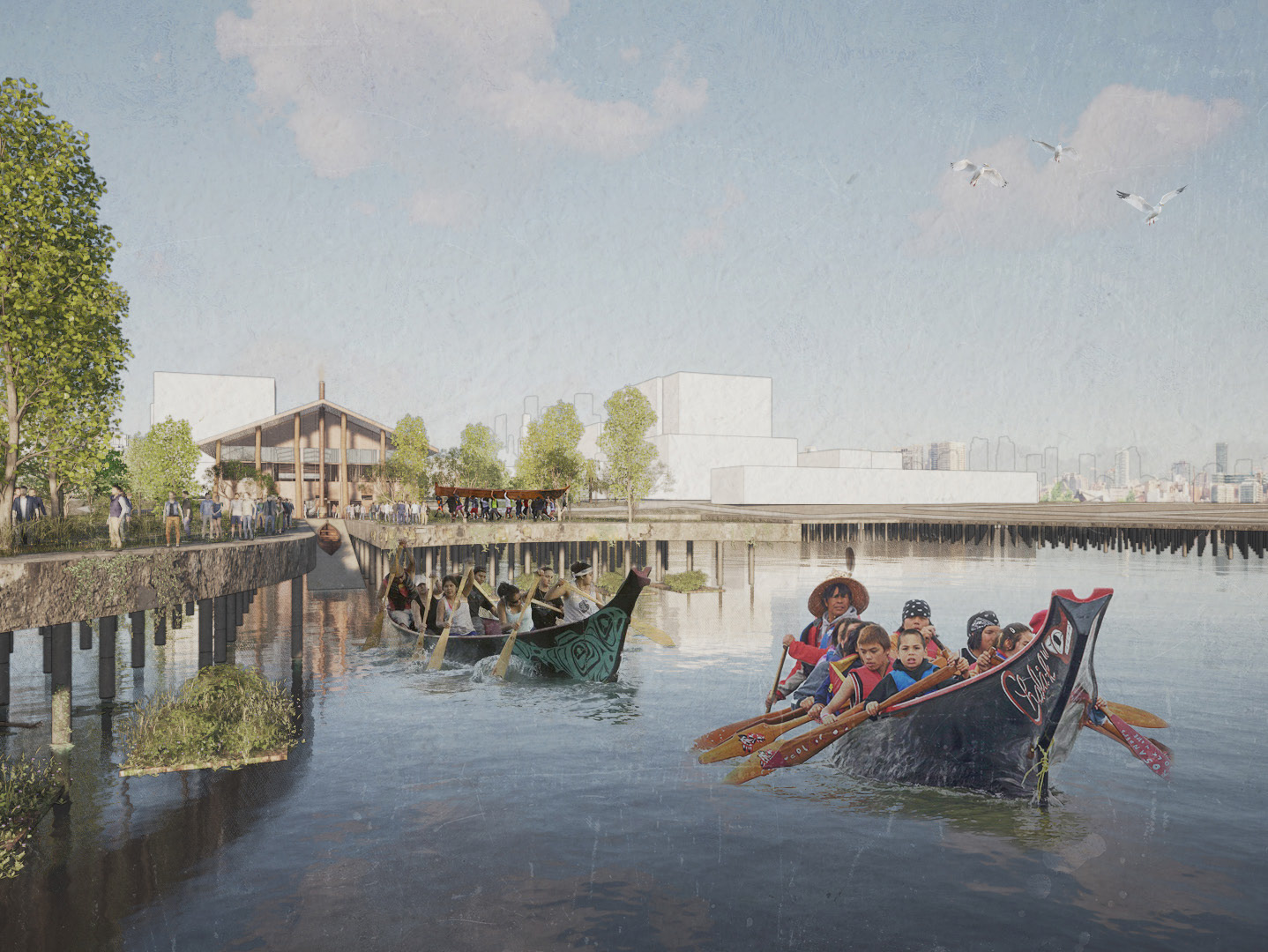
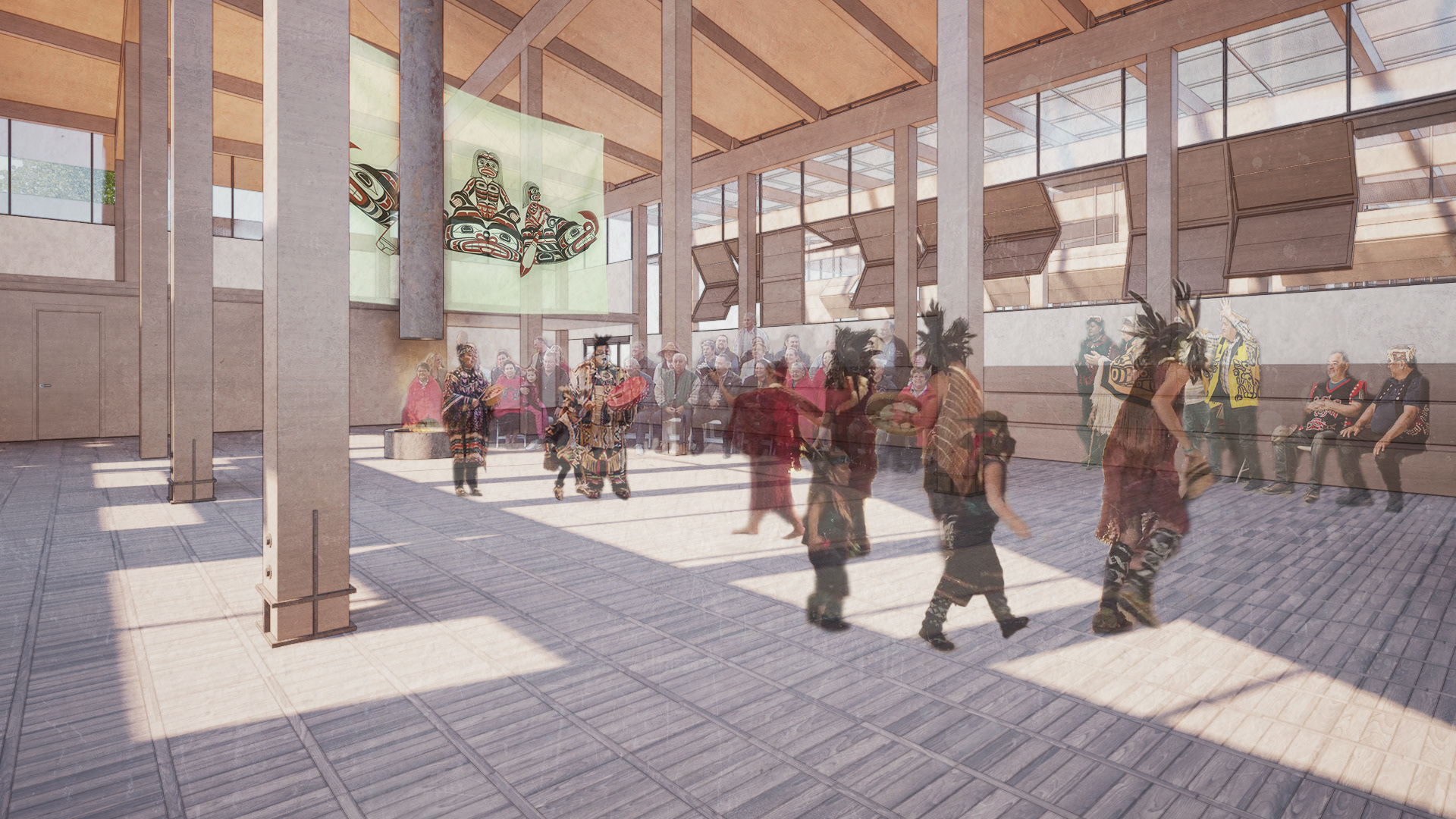
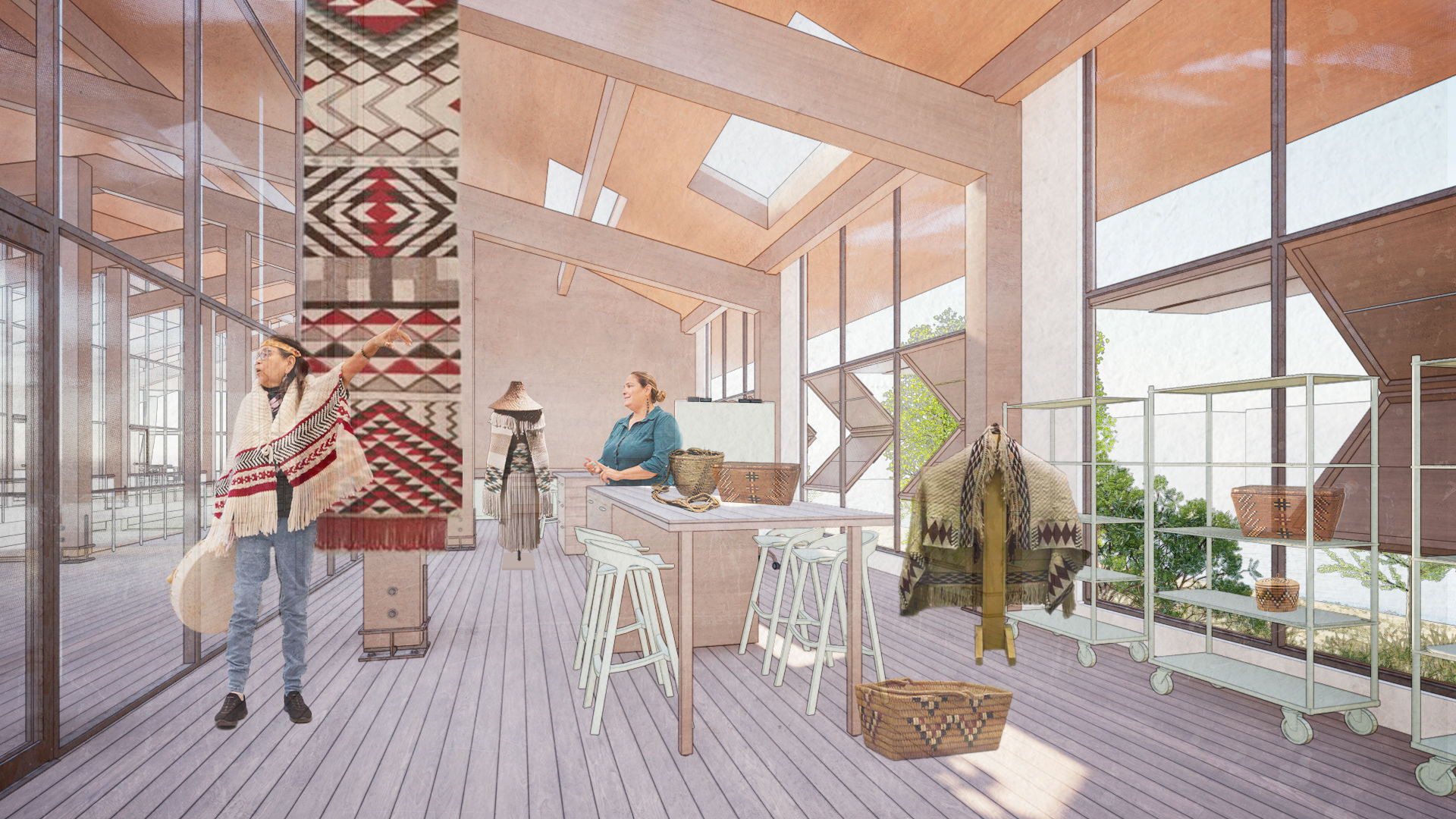
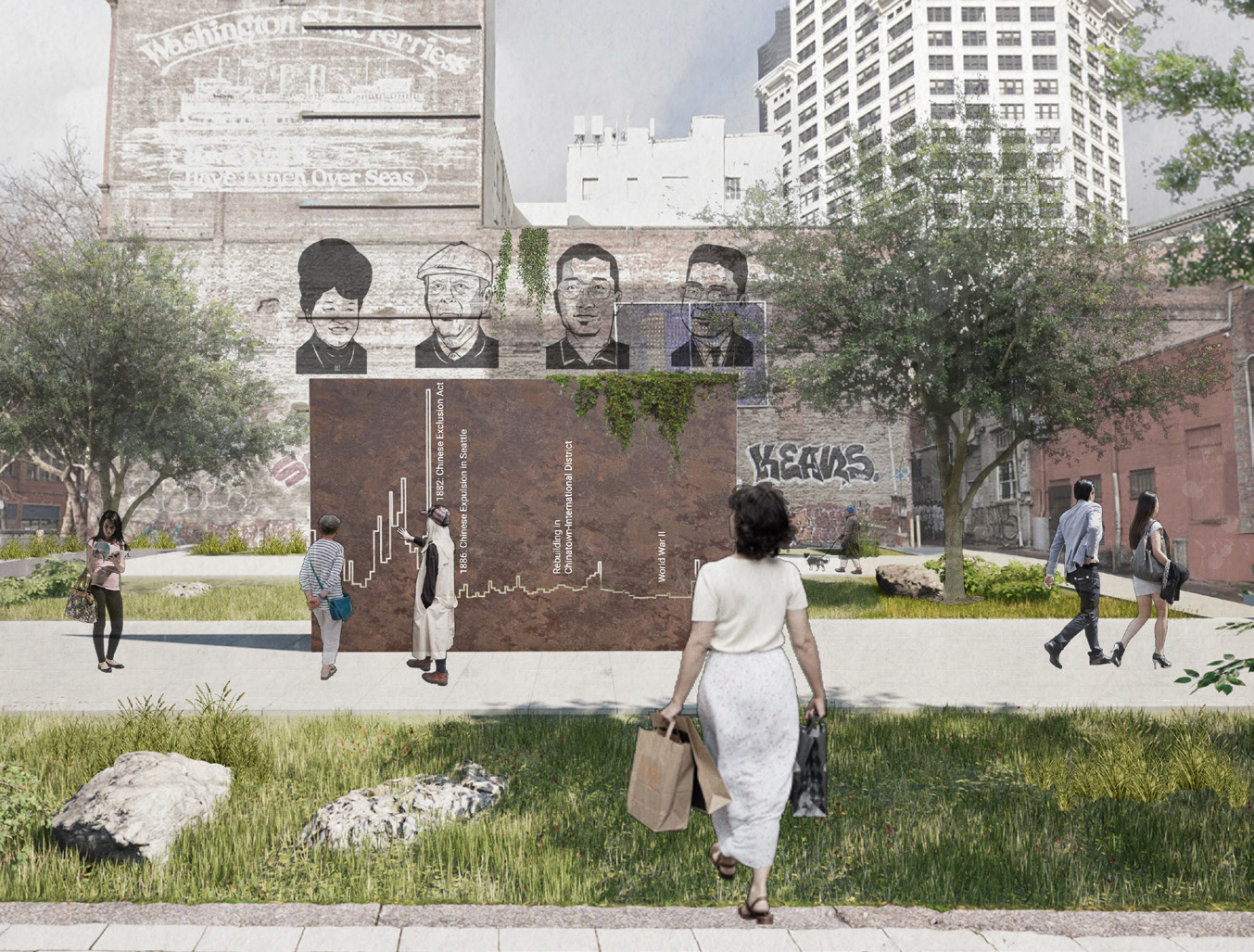
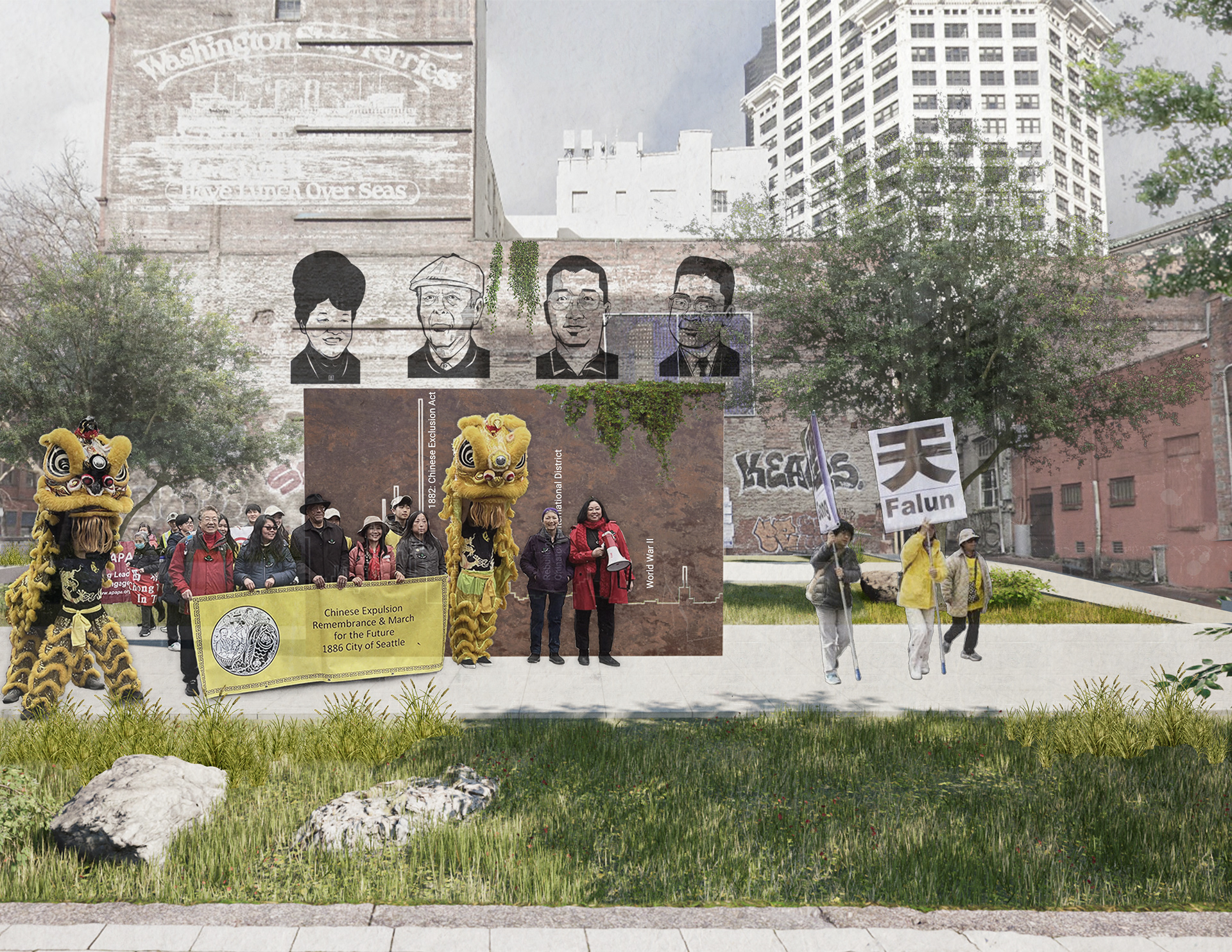
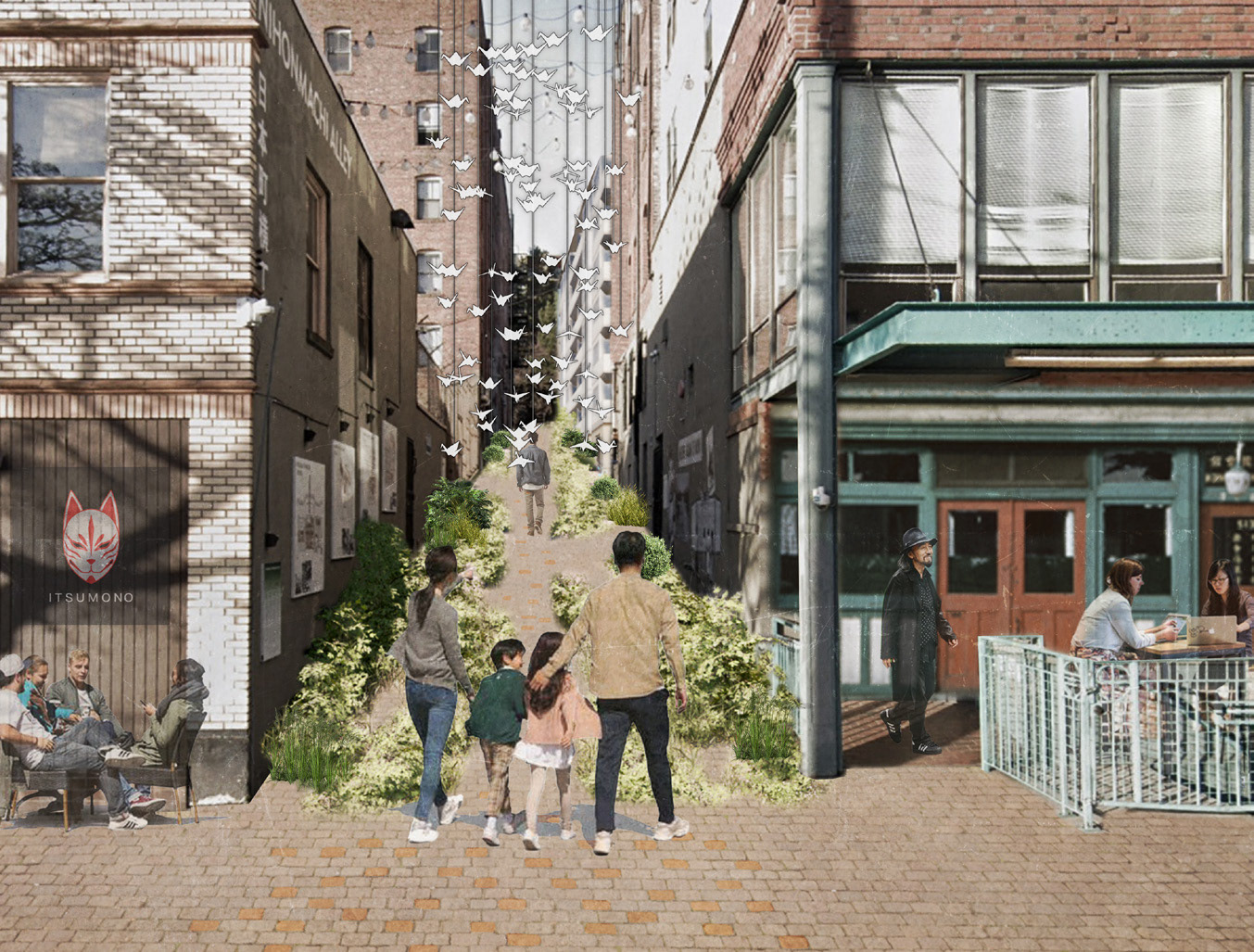

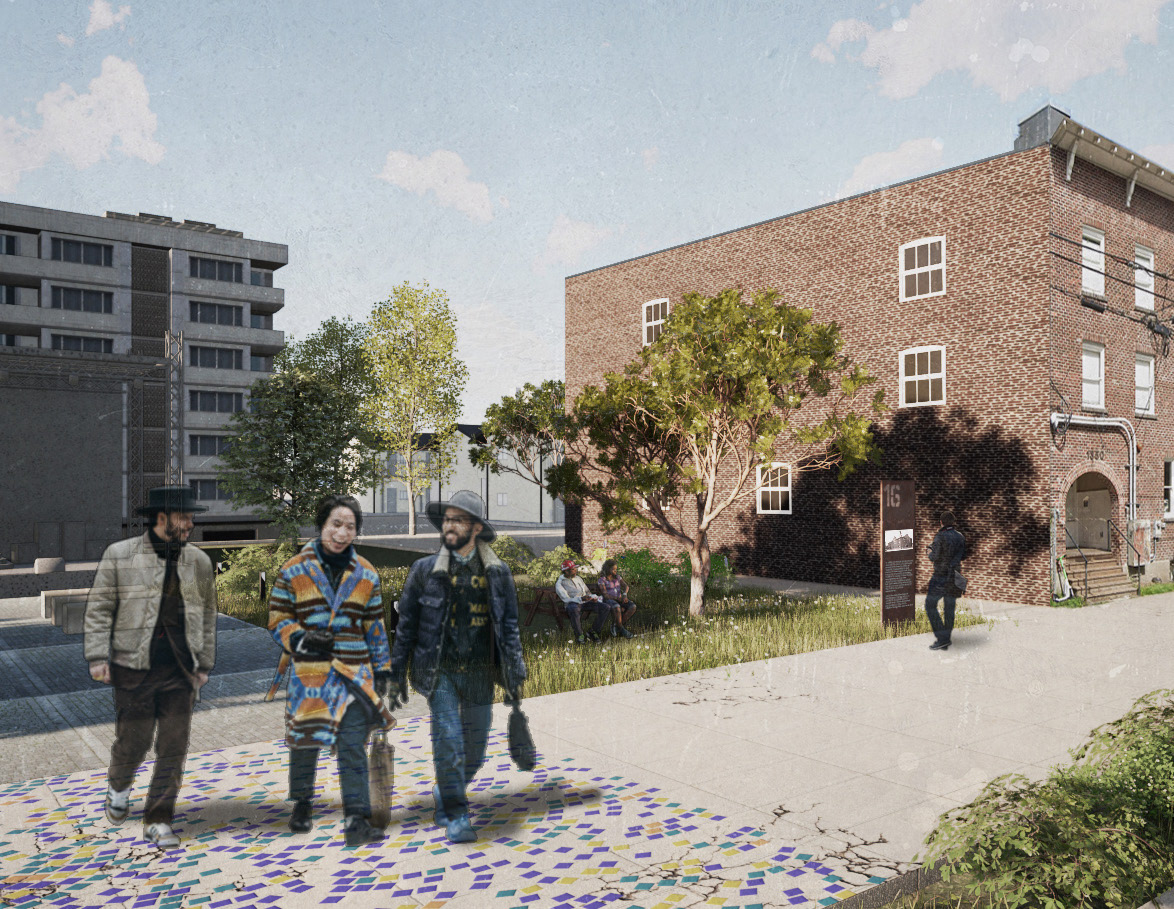
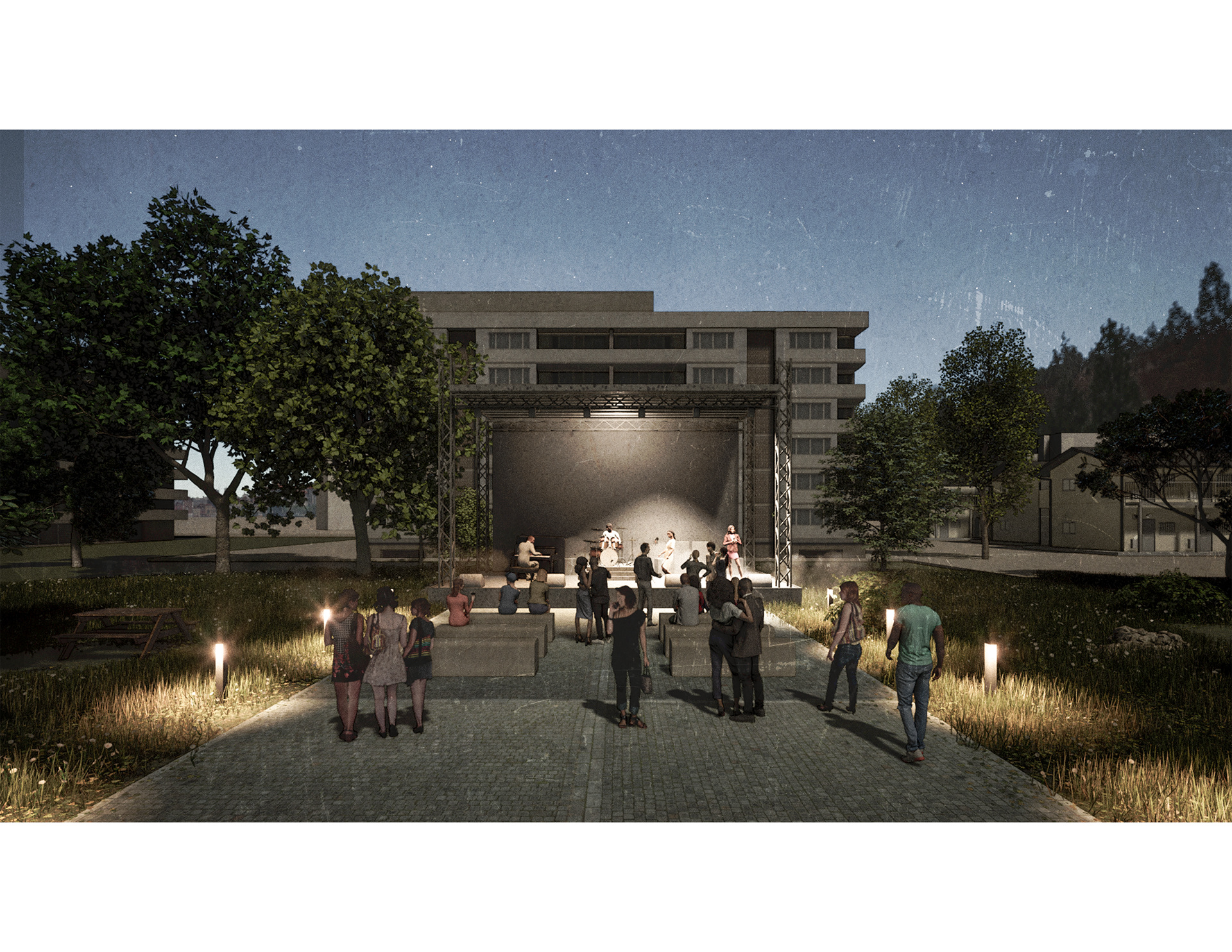
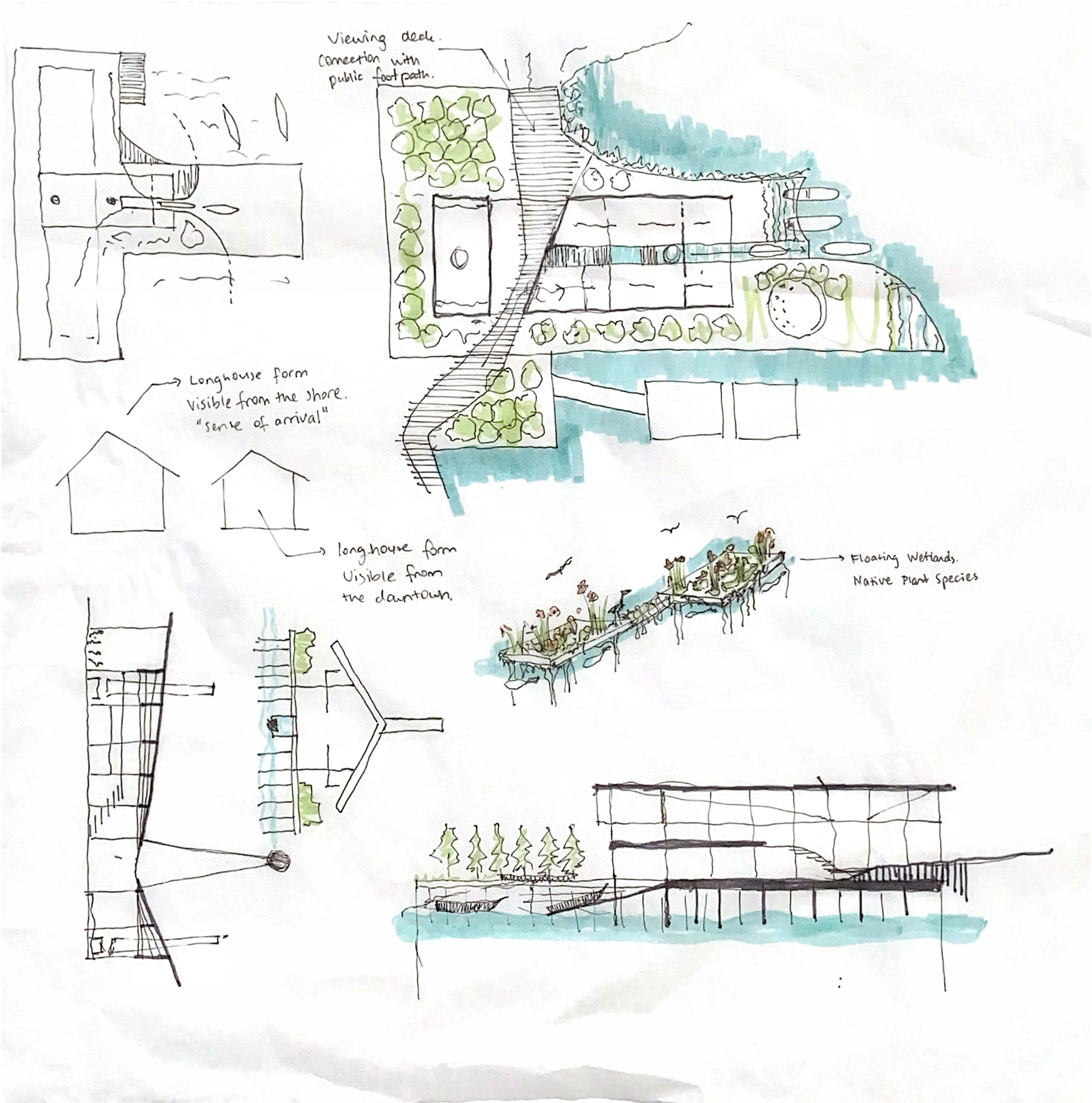
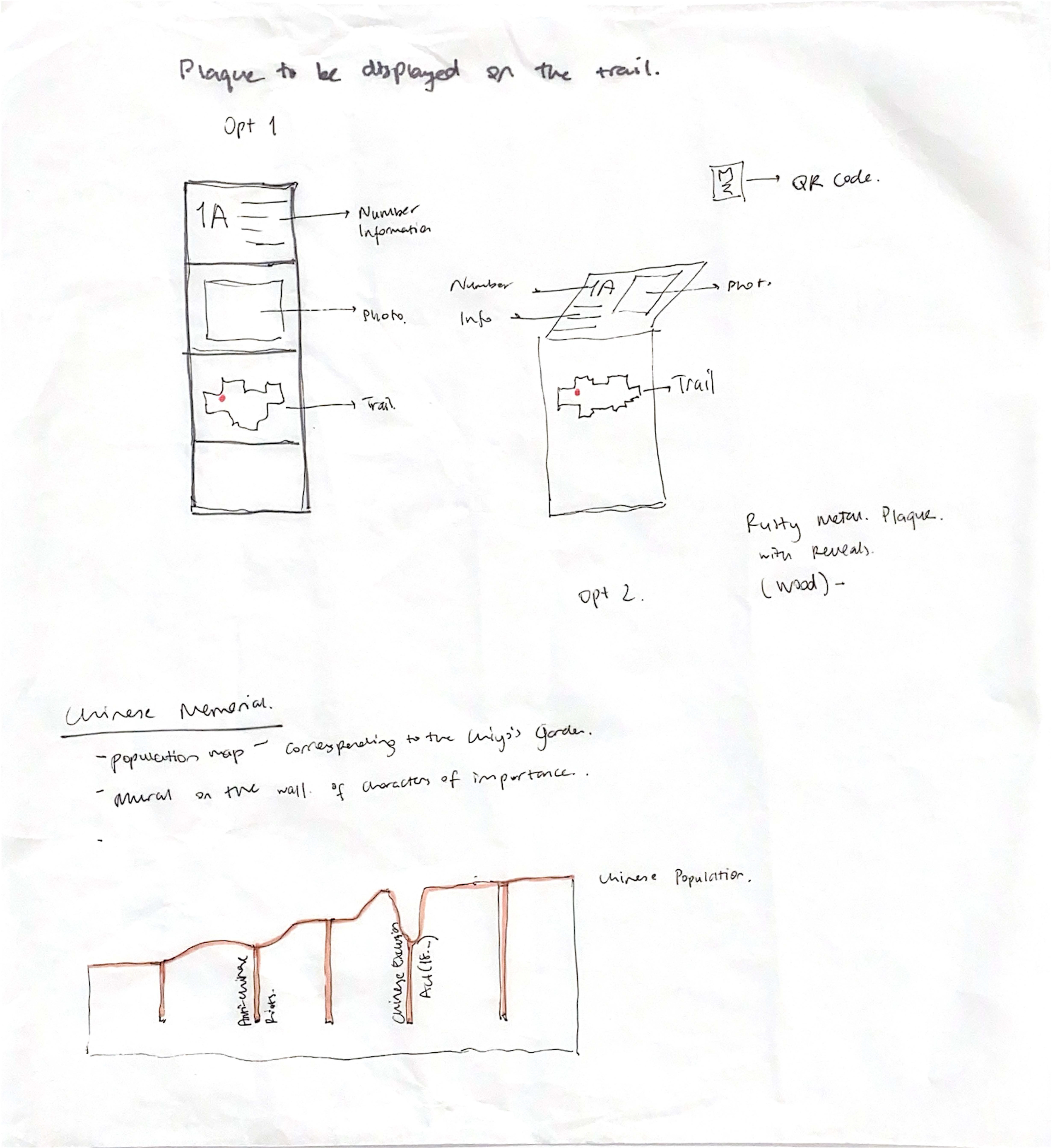
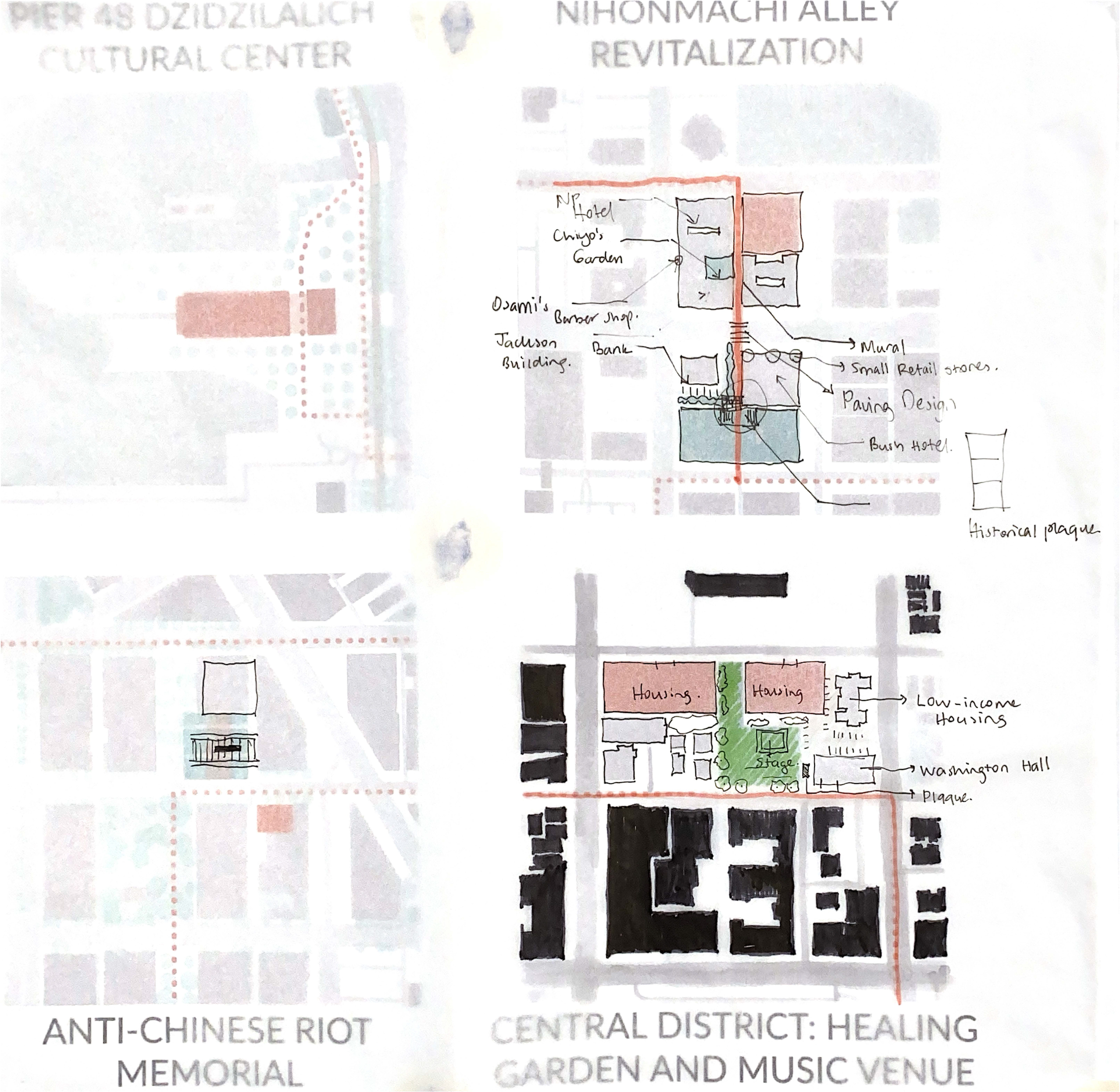
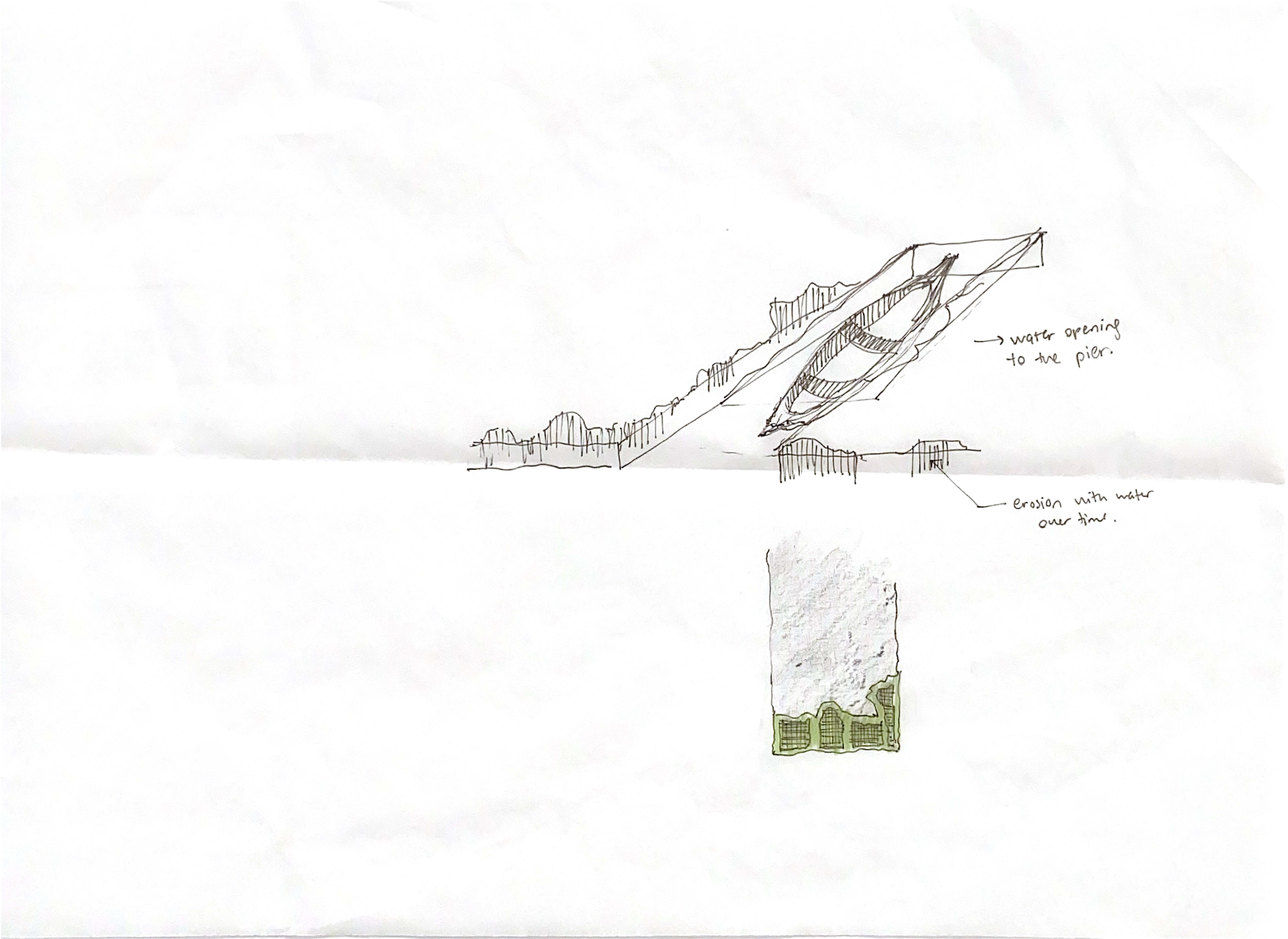
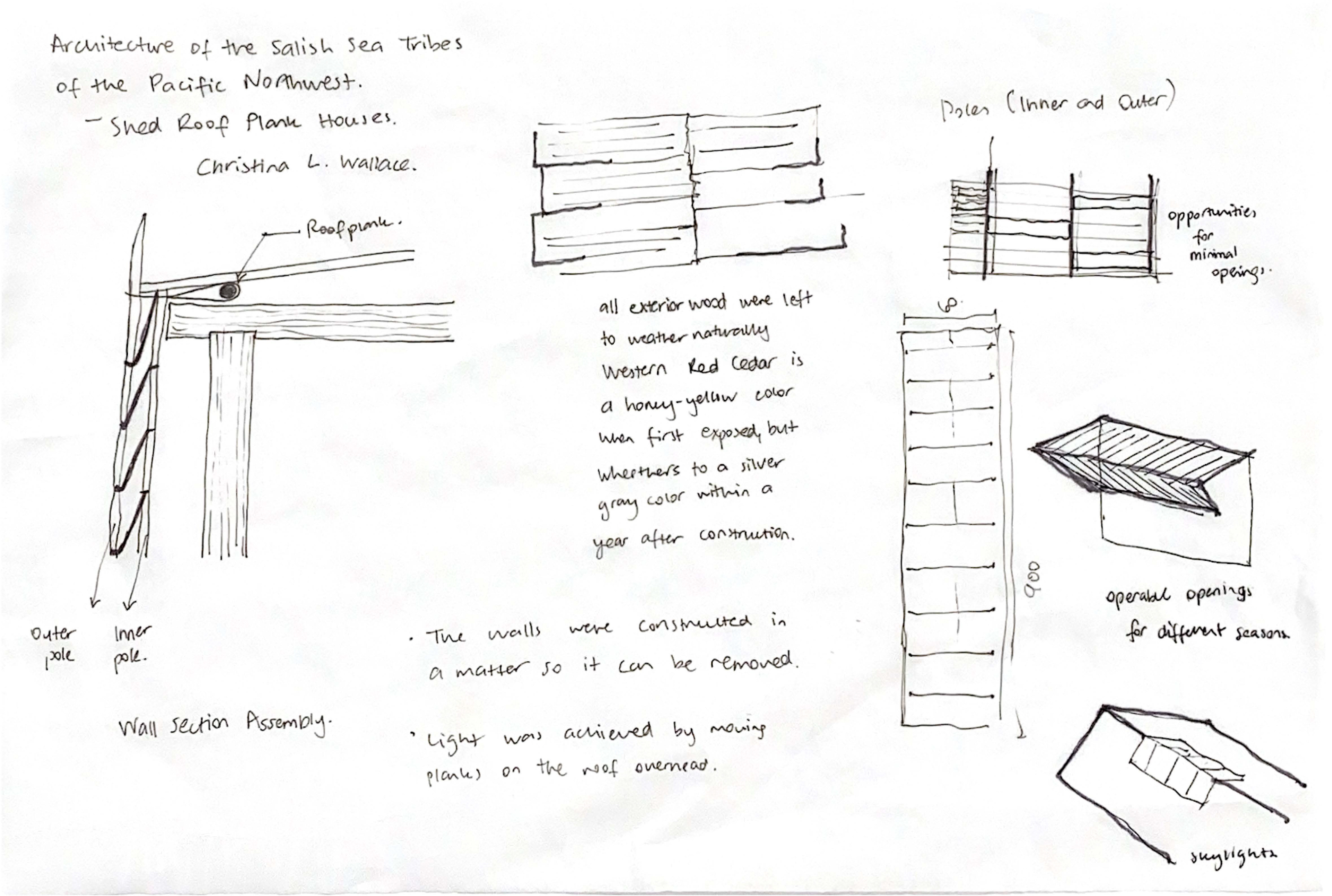
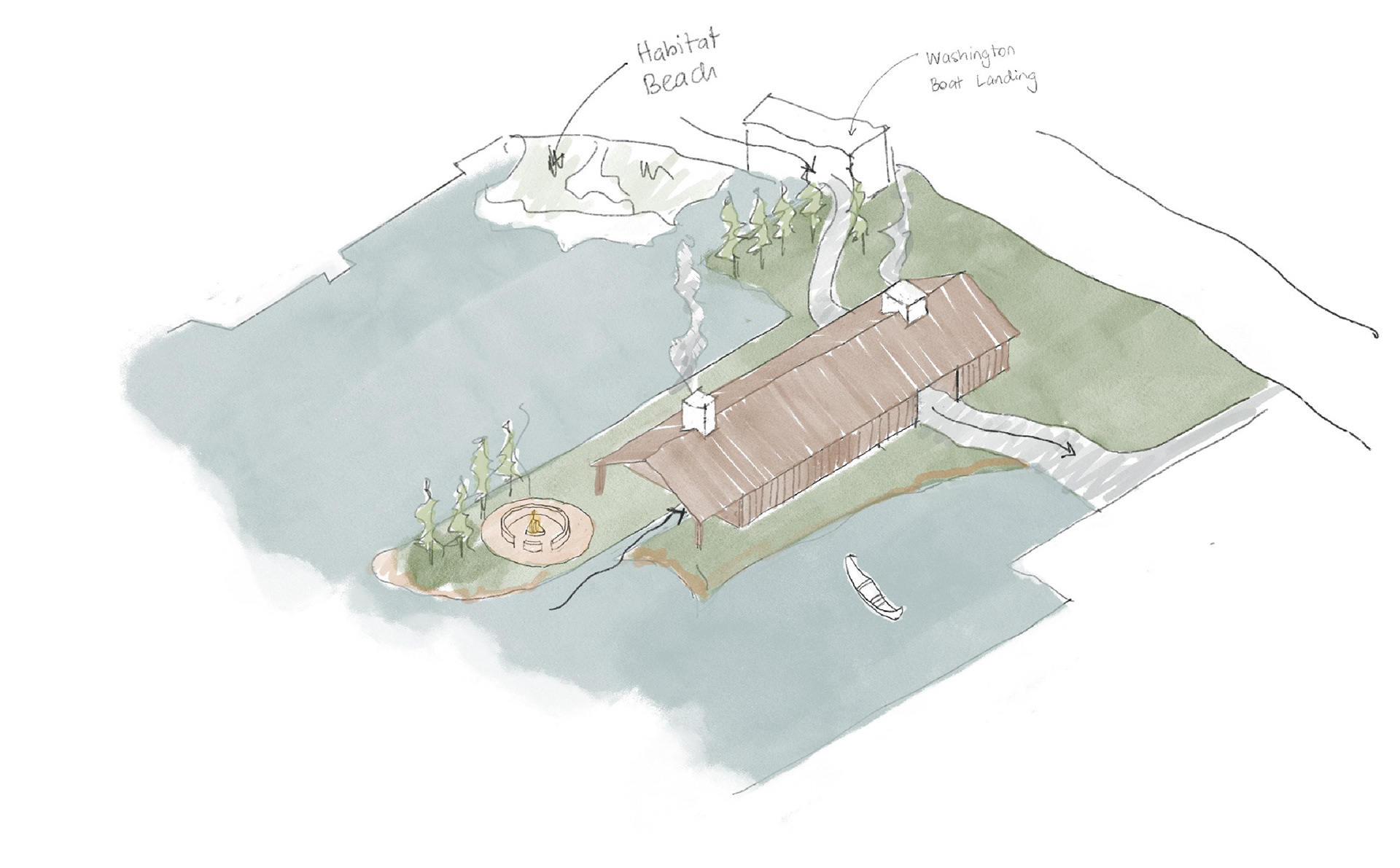
This thesis examines how architecture and urban design can address the historical erasure of Indigenous and racialized communities in Seattle through spatial justice, cultural reclamation, and ecological restoration. Centering the Coast Salish concept of Dzidzilalich—“Little Crossing-Over Place”—and the layered histories of displacement across the city, the project investigates how settler colonialism and racial capitalism have shaped Seattle’s urban form. Drawing from decolonial theory, Indigenous urbanism, and memory studies, the thesis proposes a series of design interventions that re-inscribe erased histories into the built environment. These interventions are connected by a proposed “Remembrance Trail,” a city-wide path of remembrance and resistance linking sites of trauma, resilience, and ongoing presence. Together, these interventions demonstrate how public space can move beyond symbolic gestures to materially support cultural resurgence, historical accountability, and the future-making of communities that have long been pushed to the margins. By repositioning memory as a spatial and ecological force, this thesis offers a design framework for reclaiming land, narrative, and belonging in the heart of the settler city.














